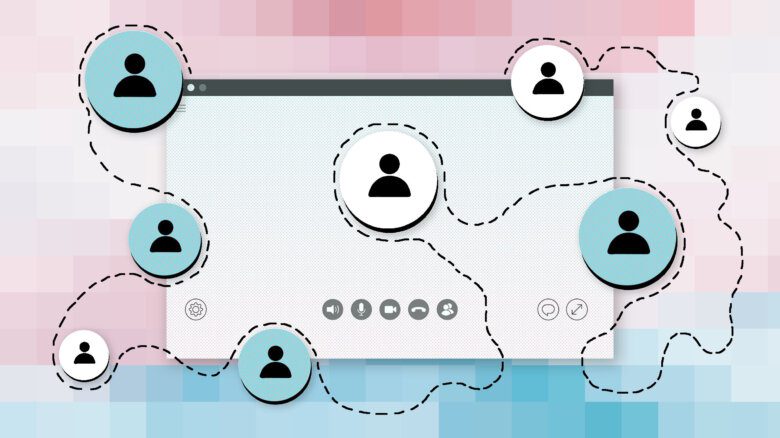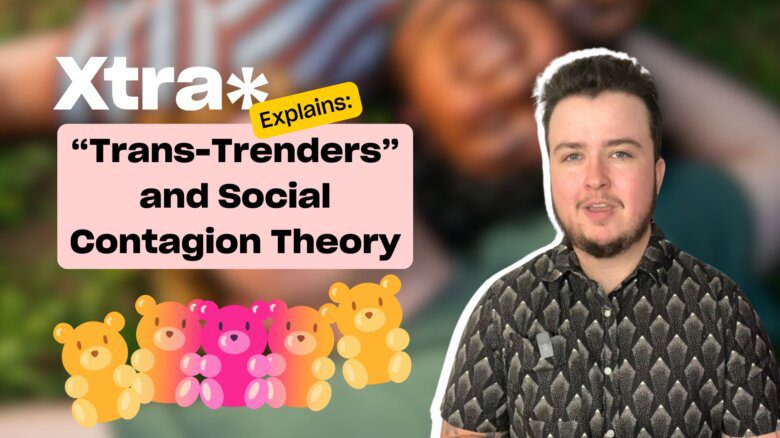Poly activists are calling on Facebook to update its “relationship status” feature to allow users to list multiple partners.
In a June 16 open letter, the Organization for Polyamory and Ethical Non-Monogamy (OPEN) said that Facebook’s relationship status feature alienates people who are involved in romantic relationships with more than one other person. They believe that Facebook’s current policy of restricting users to just one relationship on their profile is “arbitrary” and “exclusionary.”
“At best, this restriction perpetuates the erasure and marginalization of non-monogamous relationships,” the group wrote in a three-page statement. “At worst, it harms non-monogamous users by perpetuating social stigmas around the validity and authenticity of their relationships.”
Facebook already has 11 options for relationship identification, including “single,” “in a relationship,” “married” and “it’s complicated.” While the platform allows users to list themselves as “in an open relationship,” critics said there’s a difference between open relationships and other types of non-monogamy. The former involves partners choosing to have sex or date outside of their primary relationship, whereas polyamory often involves individuals having more than one partner.
By failing to make the distinction, OPEN’s executive director, Brett Chamberlin, said that Facebook and its parent company, Meta, are “delegitimizing non-monogamous relationships.”
“By preventing users from adding multi-partner relationships to their profiles, Facebook is sending the message that these relationships are less valid and less worthy of celebration than monogamous relationships, perpetuating the stigma against these relationships,” he told Xtra in an email.
“It’s as if Facebook is telling queer users, ‘You can list one same-gender partner, but two is a bridge too far.’”
A spokesperson for Meta told the New York Times in a June 17 statement that it is currently reviewing the request, but did not say whether the company intended to heed the complaint.
OPEN said the reason its organization had chosen to target Facebook for the campaign is because of the wide influence the social media platform has. With its almost three billion users, Chamberlain said Facebook could play a huge role in championing the acceptance and recognition of polyamorous relationships with a simple site update.
“Given its reach and its position as one of the main repositories for identity online, Facebook is an obvious target in the effort to advance awareness and acceptance of ethical non-monogamy,” he said.
The issue is of particular relevance to LGBTQ2S+ users. According to a 2016 study from the Journal of Sex & Marital Therapy, one in five American adults (21 percent) had been involved in a non-monogamous relationship at some point in their lives, and those numbers are even higher among LGBTQ2S+ people. An estimated 30 percent of gay men, for instance, are not monogamous with their primary partner, according to a 2021 Gay Therapy Center study.
Another 2014 survey suggested that between four and five percent of U.S. adults were engaged in some form of ethical non-monogamy—which, by 2020 population estimates, would comprise as many as 13 million people over the age of 18.
OPEN said the LGBTQ2S+ community will be uniquely impacted if Meta does not take action to fix its alleged erasure of non-monogamous relationships.
“We know that when multiple marginalized identities intersect, the harm can be more acutely felt,” Chamberlain said. “It’s as if Facebook is telling queer users, ‘You can list one same-gender partner, but two is a bridge too far.’”


 Why you can trust Xtra
Why you can trust Xtra


